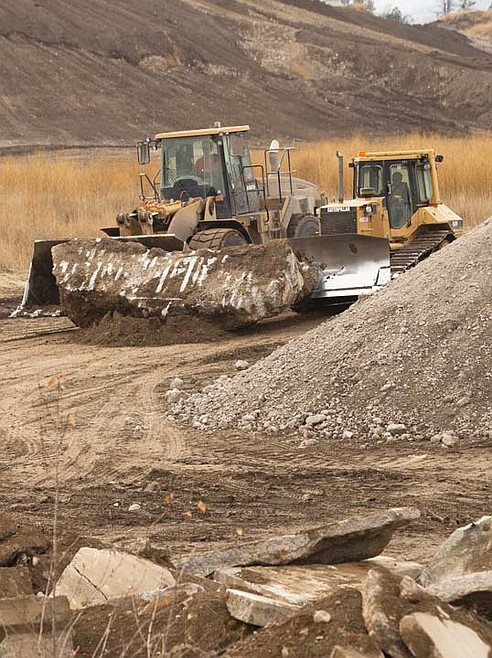Opponents call for veto of Montana gravel mining bill
Environmentalists and neighborhood advocates are calling on Montana Gov. Greg Gianforte to veto a bill that would ease regulations on open-pit gravel mining, saying it could have severe effects on water quality and water rights, and drag down neighboring property values by allowing for more dust and round-the-clock noise disturbances....
Support Local News
You have read all of your free articles this month. Select a plan below to start your subscription today.
Already a subscriber? Login
Daily Inter Lake - everything
Print delivery, e-edition and unlimited website access
- $26.24 per month
Daily Inter Lake - unlimited website access
- $9.95 per month

